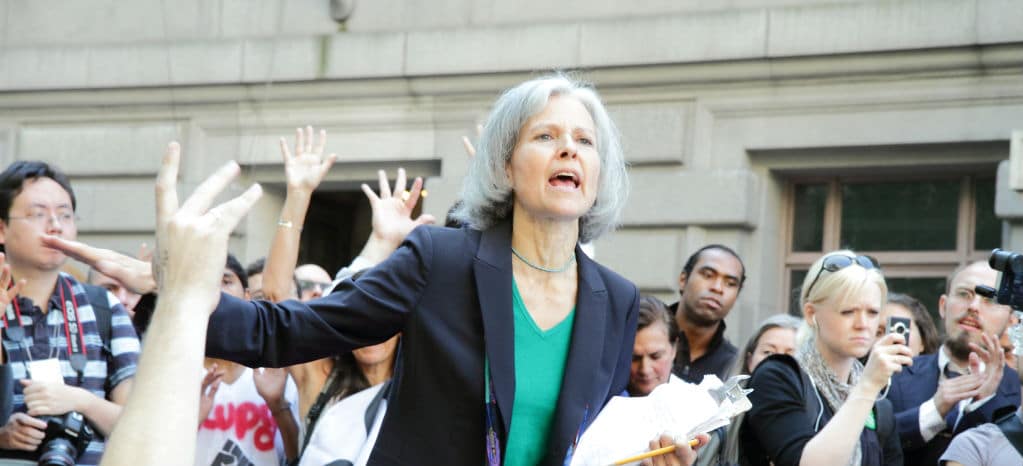This article was written by Richard Gardner, founder and CEO of .
. . The truth is that neither candidate has staked out a position which promises January 20, 2017 will be the day for which we all await. So, here’s a crazy question: those fringe candidates, the ones we call ‘independents’, do they matter? And, if they do, how much do they matter?
The answer to those questions, I believe, is yes… and… maybe a lot. I’m not going to predict a win coming for a minor party candidate, and for those making bets at home, I wouldn’t suggest that you do, either. But, we need to keep track of what’s driving the conversation.
Here’s what you need to know:
The biggest uncertainty in politics right now: will Gary Johnson make it onto the debate stage? Johnson, the Libertarian candidate for president, is a former two-term governor of New Mexico, running alongside former two-term, Massachusetts Governor Bill Weld. In order to qualify to debate Donald Trump and Hillary Clinton, the pair must register 15% support in the polls. So far, they have been as high as 13%. Two percent. It sounds close, right? But, the reality is that 2% is still quite a chasm.
If Johnson makes the debate stage, will they win? Highly unlikely. Will his numbers rise? Probably. Will the media be talking about the policy items on his agenda? Absolutely. Remember Ross Perot? His ideas were neatly wrapped into Newt Gingrich’s Contract with America. So, too, should some of Johnson’s more popular platform pieces, and perhaps those of Jill Stein and Evan McMullin.
Will it Matter?
While Johnson has not made cryptocurrencies a cornerstone of his campaign thus far, he has said that Bitcoin should be a legal currency, though it should not replace the American dollar as the national currency.
A lead-in for this topic, incredibly, may well be civil rights issues, including government spying without a proper warrant. Given Clinton’s own email scandal (now the FBI has uncovered 14900 more documents in the Clinton email probe), this could well be an issue, were the three to end up sharing a debate stage.
This would offer a natural conversational path to cryptocurrency and cybersecurity (especially in regard to foreign hackers), an issue which he has talked about quite a bit.
Jill Stein, the Green Party candidate, has made these issues less a part of her campaign, though in her 2012 run for the White House, she did mention that cyberattacks were to be considered an act of war. What she says, if she is successful in peeling off Sanders supporters, may have a place in future Democratic conversations.
The newest candidate, Evan McMullin, an independent candidate for president, has little public record on any issue. Like me, you probably hadn’t heard of him until a couple days ago. But, his entrance in the race could be critical, given that he was the Chief Policy Director for House Republicans and is said to have ties to significant donor money. This means that his platform, which will be targeted towards #NeverTrump voters, may well be in line with the ideas of Republican House leadership.
When he begins to talk about cybersecurity and cryptocurrency, if he talks about it, there’s real value in listening to what he says, as it may be a clue as to what we may see from the legislative chambers moving forward.
The reality? It is only August. Plenty will change over the next few months. We can’t be shortsighted. Policy unequivocally affects business. And policy is not formed in a vacuum. Whatever your thoughts on the candidates, stay abreast of developments in order to better understand what may be coming down the pike.





Be First to Comment